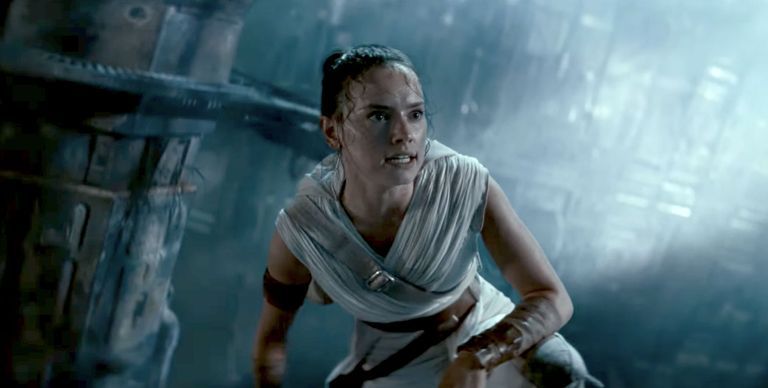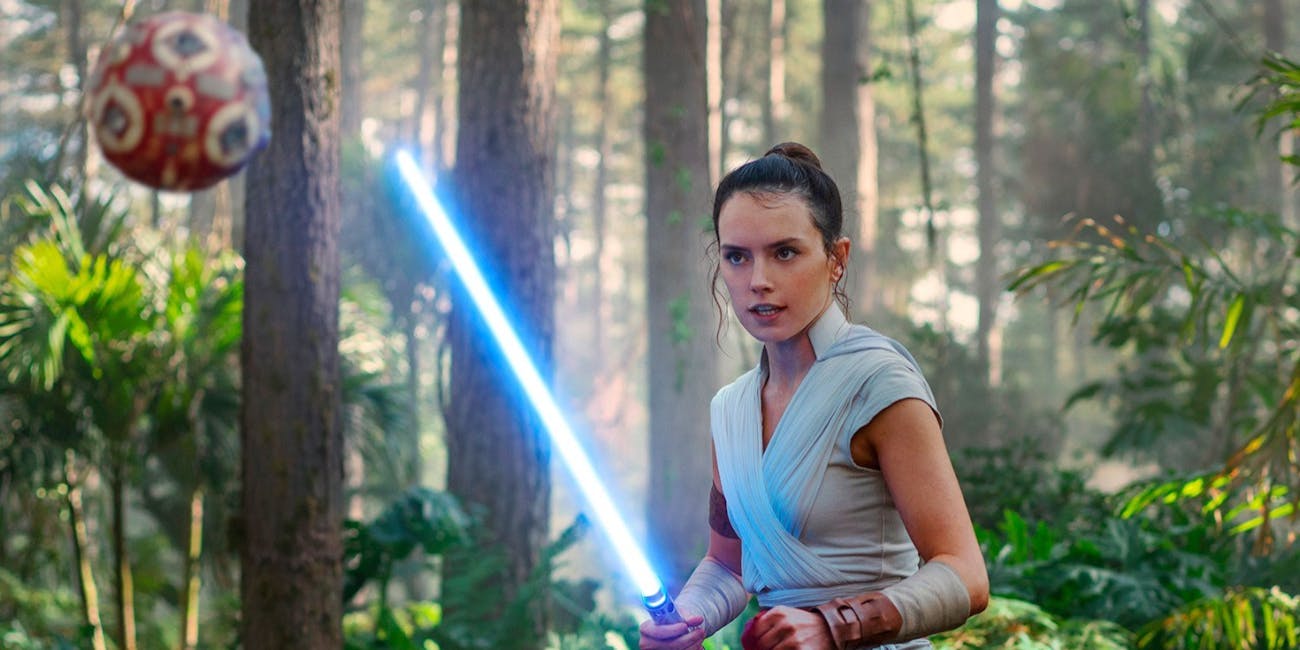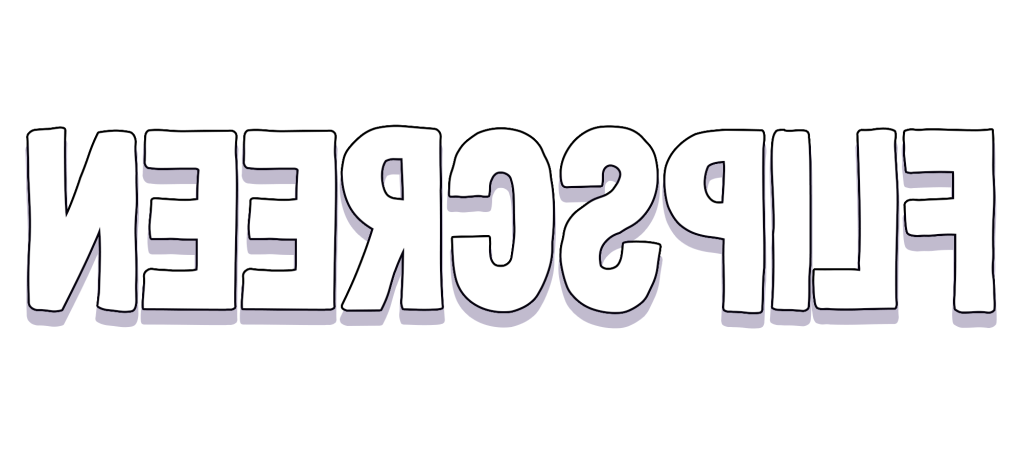“People keep telling me they know me. I’m afraid no one does.”
Rey, The Rise of Skywalker (2019)
When it comes to the Star Wars sequel trilogy, whether intentionally or not, the question “Who is Rey?” has become one of the biggest, most contentious talking points in the fandom. In many ways her story is the classic orphan story: an abandoned hero who journeys to find her real family and then saves the universe. But of course, since this is Star Wars, she can’t simply be ‘just an orphan’. Is she a Skywalker? A Solo? The long-lost daughter of Obi-wan Kenobi? A clone of Anakin Skywalker? Or does she actually have no parents and is the product of some Midichlorian magic? The theories never ceased.
In the end the trilogy ended up providing two very contrasting answers to the Rey question: Rian Johnson’s The Last Jedi (TLJ) one and J.J. Abrams’ The Rise of Skywalker (TROS) one. For Johnson, The Last Jedi seemed to be an opportunity for reinventing the franchise (“Let the past die. Kill it if you have to”); there is not much room for nostalgia, even less so for telling the ‘classic Star Wars story’. Rey’s lineage, which, along with Snoke’s, had become a mystery a certain section of the fanbase was fervent in unlocking, didn’t seem to fascinate Johnson as much as it did Abrams. He likened the reveal in TLJ of Rey’s parents being “nobodies” to Vader’s iconic “I am your father”, making the case for why the “complicated”, “harder” answer was the right way to go:
If Rey in this movie, if someone had told her yes, here’s the answer. You are so and so’s daughter. Here’s your place in this world. Here you go. That would be the easiest thing she and the audience could hear. It would hand her on a silver platter her place in all this. The hardest thing for all of us to hear and the thing that she doesn’t wanna hear and maybe we don’t either is that no, this is not going to be something where it’s going define you. And the fact that you don’t have this is gonna be used against you by Kylo to try and pull him into your orbit. This is going to be hard. And you’re gonna have to stand on your own two feet and define yourself in this story.

Abrams, on the other hand, decided to give Rey a more ‘classic’ answer: she is the granddaughter of Emperor Palpatine. This is the reason why he has been so obsessed with recruiting her to the Dark Side and why, to a certain extent, she is so strong in the Force. Many fans of TLJ see Abrams’ u-turn as a complete betrayal of the ethos Johnson tries to convey in his film of how the Force should be inclusive and not dependent on bloodline: that at a certain point we must burn everything down in order to create something new. While Abrams’ decision to reverse Johnson’ choice is frustrating (in addition to the sidelining of Kelly Marie Tran’s Rose Tico in TROS, which is particularly egregious), it is interesting to note that, according to an interview in 2015, making the Force an elitist thing might not be Abrams’ true intention:
For me when I heard Obi-Wan say that the Force surrounds us and binds us all together, there was no judgement about who you were. This was something that we could all access. Being strong with the force didn’t mean something scientific, it meant something spiritual…[]…And so I really feel like the assumption that any character needs to have inherited a certain number of midicholrians or needs to be part of a bloodline, it’s not that I don’t believe that as part of the canon, I’m just saying that at 11 years old, that wasn’t where my heart was. And so I respect and adhere to the canon but I also say that the Force has always seemed to me to be more inclusive and stronger than that.
To give Abrams some credit, there is a powerful story to be told here about growing beyond the sins of your ancestors, charting your own path and choosing your own family. The idea that Rey is descended from the most evil man in the galaxy is also a fundamentally interesting concept since there have been no ‘dark’ prominent female characters in the main Skywalker film saga. Exploration of the slightly more evil and complex parts of the female psyche is something that exists in Star Wars canon, but largely absent from the main trilogies. Despite Solo being one of the most forgettable films in the Star Wars franchise, Emilia Clarke’s Qi’ra brims with potential because she’s the only Star Wars woman on the silver screen who’s ever been truly grey. Leia, Padme and even Jyn Erso in Rogue One are female characters who’ve always stood squarely in ‘the light’. Aside from unintentionally aiding the rise of Palpatine, Padme entering into a secret love affair with Anakin is the only morally ambiguous thing we see her do. And although Carrie Fisher once famously said of Leia that “the only way they knew to make the character strong was to make her angry”, her fury is very much of the righteous kind, with a “clarity” that “burned as bright as the films did at the box office”. She is never tempted to “give in” to her darker impulses in the same way Luke is throughout the franchise. Her possible neglect of her son, Ben, is perhaps one of her very few grave mistakes. However, it is something that is never properly addressed or explored.
Knowing full well that Rey is a Palpatine, Leia tells her, “don’t be afraid of who you are”. But, despite a brief tease of Sith Rey and a few rash moments, we never see Rey reckon with her Palpatine side in any way. The strongest pull she has to the Dark Side is through her relationship with Kylo Ren, who is a Skywalker and a Solo. At the end of the trilogy she even goes as far as “scrubbing [the Palpatine name] clean by adopting the Skywalker name”. While this may appeal to audiences’ attachment to the original characters of Luke and Leia, it is a rushed and perplexing summation of who Rey has become and how she has arrived at this point. Not to mention a bewildering disregard of Leia’s history or lack thereof with Tatooine. Like with most things in TROS, Abrams uses nostalgia as a crutch, turning Rey’s journey into the well-worn Nature VS Nurture struggle we’ve already seen countless times before on screen. Even her final confrontation with Palpatine has shades of the Vader/Palpatine/Luke encounter in Return of the Jedi: the call-backs to the original trilogy are numerous, from the Sith Lord showing her the oncoming demise of her friends, to the Ewoks celebrating at the end of the battle.

Rey spent nearly all her life on Jakku alone and abandoned, waiting and hoping that one day her long lost family would come back and claim her. Even from the moment her adventure begins, she’s drawn to parental figures like Han, Leia and Luke. Shouldn’t the reveal that the family she’s longed for all this time is actually a Sith Lord be more of a body blow? Wouldn’t it be more of an interesting story if the loneliness she’s felt her entire life was more of a factor in persuading her to succumb to her grandfather’s demands? To take it even further, what would a Star Wars movie be like with a female Vader-like figure at the heart of the story? Both Kylo Ren and Darth Vader get to be vengeful, angry, violent. Even petulant. Both have a shot at redemption. Why can’t similar stories be told of the women? Female villains, tragic heroines and morally ambiguous women are just as important as heroines. Sometimes even more so, which is why there is so much potential in Dark Rey and why, very much like the George Lucas’ prequel trilogy, the reveal in TROS is such a huge missed opportunity.
Now that the trilogy is over, one of the most iconic images of Rey remains the initial one of her in the desert of Jakku, holding the X-wing helmet and gazing at the horizon — serious, lovely, lonely, and desperately hopeful. As we say goodbye to her one last time, it is this image that seems to hold the most weight. The debate over her identity will rage on: perhaps she is the true Chosen One; the literal embodiment of the sun and all that it symbolises; even Persephone to Kylo’s Hades. There is a lot of merit to Johnson’s choice of having Rey be a ‘nobody’ and, despite the flaws in the execution, many compelling questions that can be raised from Abrams’. But the flip-flopping between the two ideas leave Rey’s true ending feeling hollow, with the sense that everything was done in half-measures.
Who is Rey? Sadly, because of the messy and disjointed way in which her journey has been handled, we, like that lonesome scavenger waiting in the desert, might never know for certain.


Leave a comment